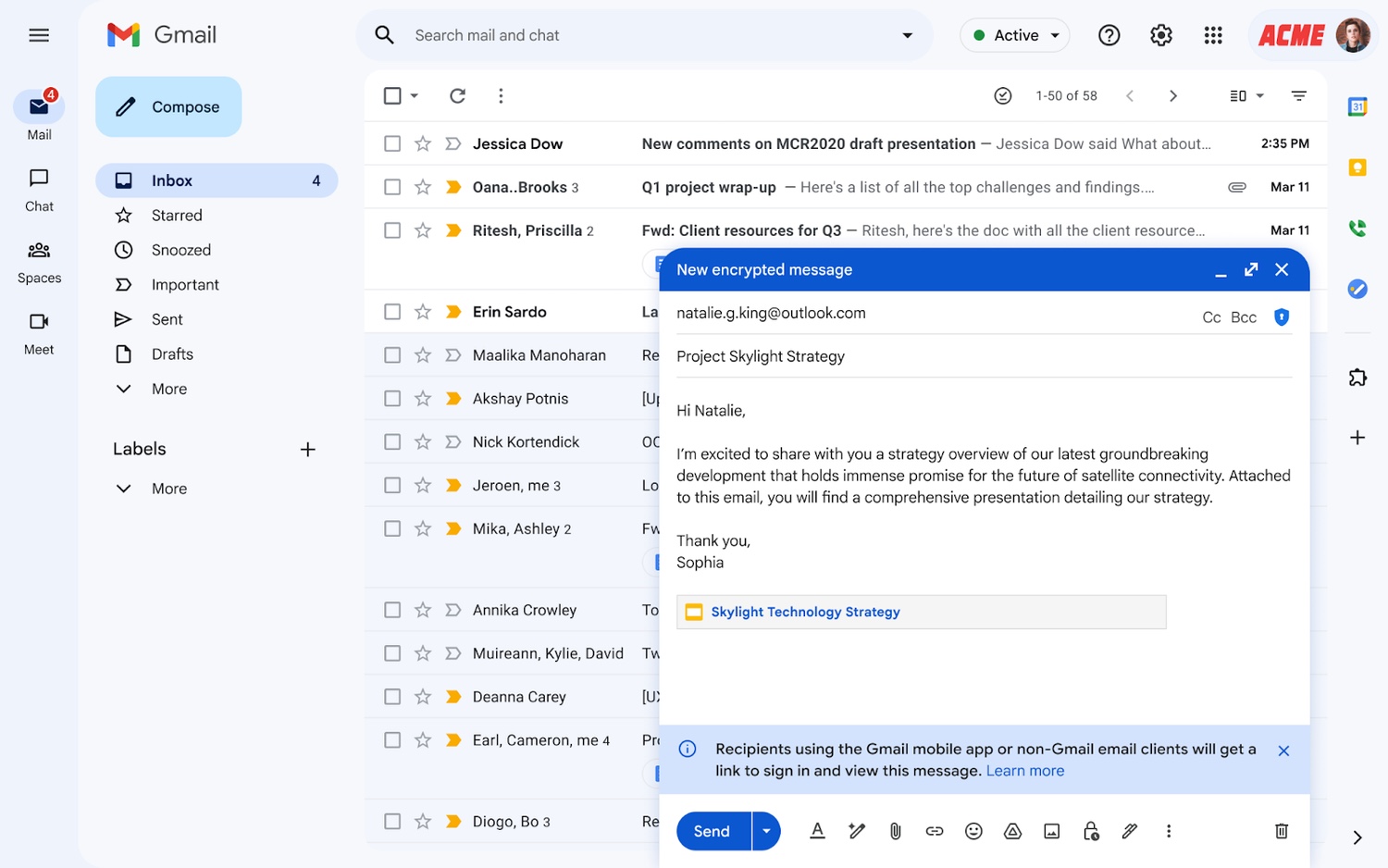
Gmail makes encrypted emails more useful for business users
Google has announced that it is now possible to send Gmail end-to-end encrypted emails to anyone. Until this change was introduced, E2E emailing was only supported between Gmail to Gmail communications.
But now email encryption is being opened up and made platform agnostic. While this means that encrypted emails can be sent to anyone, it is something that needs to be enabled, and there are a few things to keep in mind.
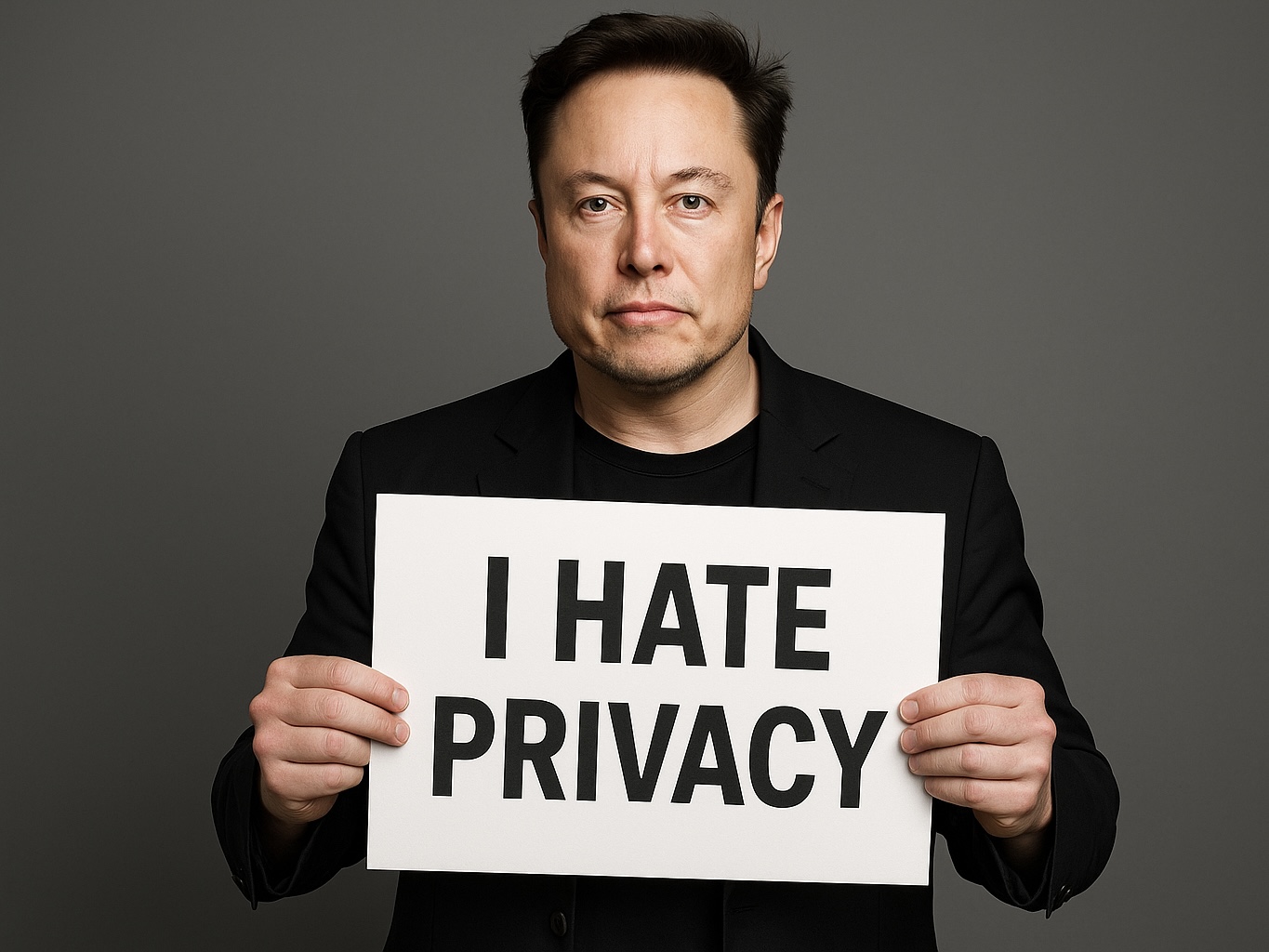
Elon Musk quietly kills encrypted DMs on X and you should be furious
X, the social platform formerly known as Twitter, just yanked one of its most important privacy features. In a quiet and deeply troubling move, the company announced it is pausing end-to-end encrypted direct messages. Worst of all, there is no clear timeline or meaningful explanation.
According to a post from the official engineering account, encrypted DMs are being temporarily suspended while the team works on improvements. But here’s the kicker: users can still send and receive DMs, they just won’t be encrypted anymore. In other words, your messages are now visible to anyone at X with the right level of access. Hell, this potentially makes them more accessible to hackers too!
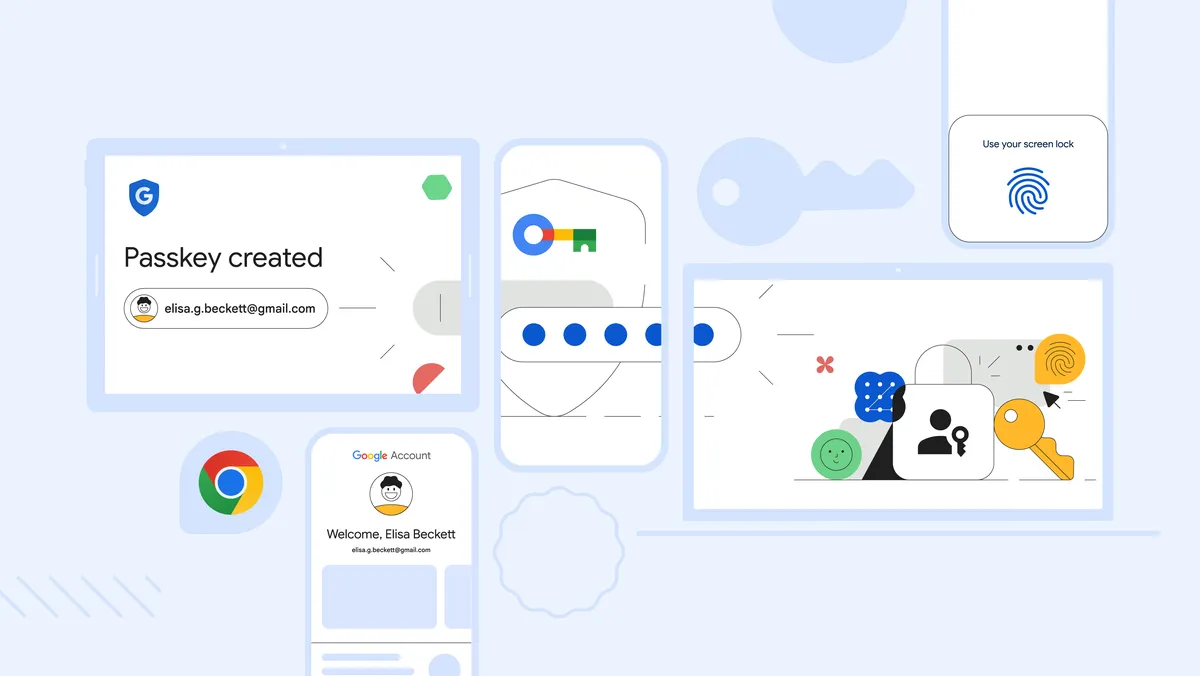
Google expands passkey support to desktop with Google Password Manager
Google has made a move toward a passwordless future by expanding its passkey support to desktop devices. Until now, passkeys could only be saved to Google Password Manager on Android devices, requiring users to scan a QR code from an Android phone to access them on other platforms. However, thanks to a new update, passkeys can now be saved and managed directly on desktop systems running Windows, macOS, and Linux. ChromeOS is also available for testing in the Beta channel.
Passkeys are designed to offer a more secure and user-friendly way of signing in to websites and apps by using biometric methods like fingerprints, facial recognition, or a screen lock instead of traditional passwords. This makes logging in as simple as unlocking your device.
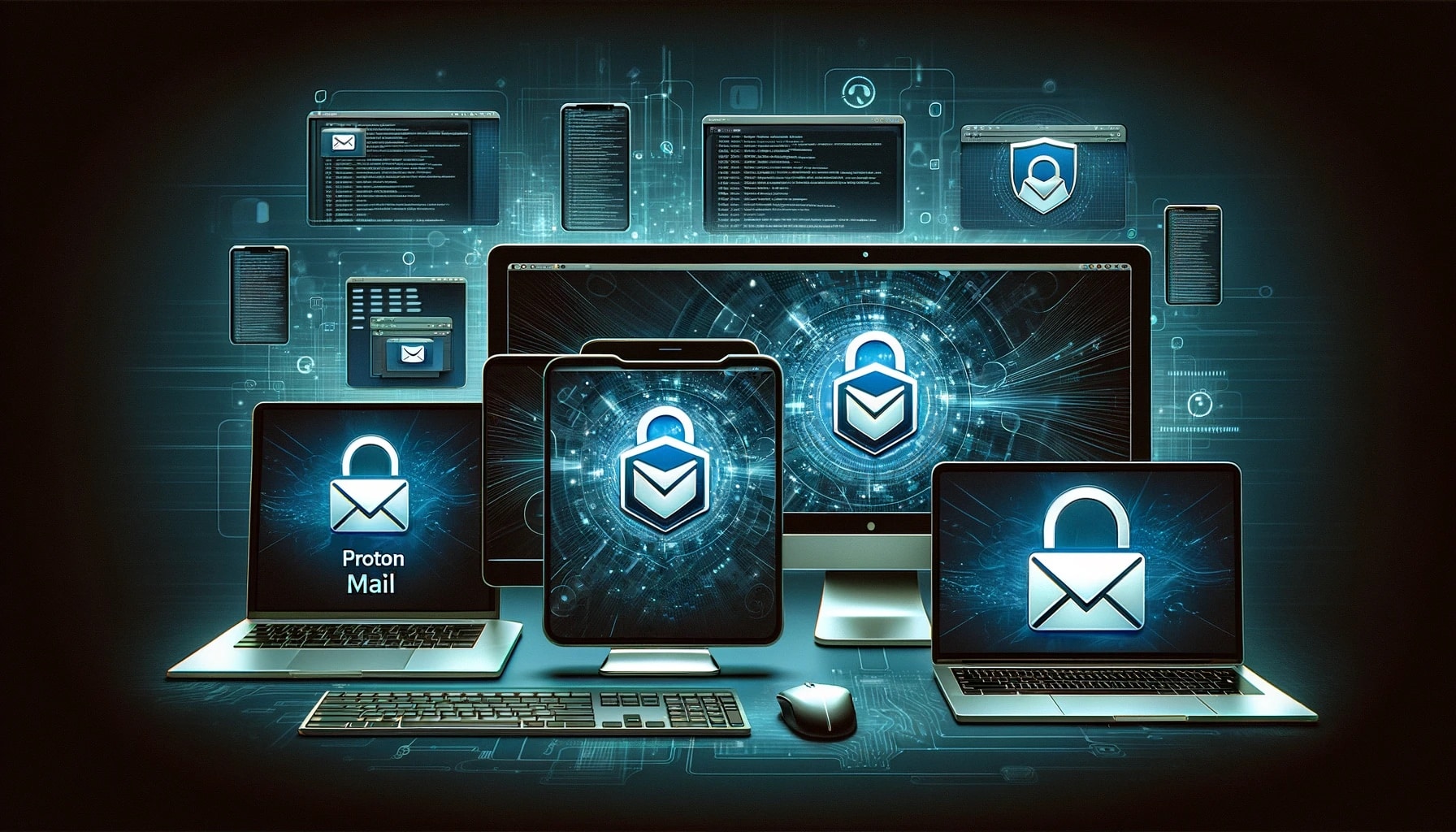
Proton Mail launches desktop app for Windows, macOS, and Linux
Today, Proton Mail has expanded its secure communication platform with the launch of a dedicated desktop app, which was previously released in beta. The new desktop app complements Proton Mail’s existing web and mobile applications, ensuring users can maintain their email privacy across all devices without being confined to a web browser.
Proton Mail aims to provide users with the ability to access their email in their preferred manner without compromising privacy. The new desktop app addresses the privacy concerns associated with using email services like Outlook, which shares data with numerous external partners, and the risks of accessing emails through browsers like Chrome, which can expose browsing history to advertisers or be exploited by malicious browser extensions.
Meta adds a new label to show whether third-party WhatsApp chats are secure
New rules in Europe means that WhatsApp will have to offer interoperability with other messaging apps and platforms. This is something that Meta has already been talking about, having published its preference for third parties to use the Signal Protocol as the foundation for these E2EE communications.
Use of the Signal Protocol will not be a requirement for interoperability, but whatever protocol is used by a third-party messaging app or platform, it will need to show they offer "the same security guarantees as Signal". To communicate security to users, WhatsApp is introducing a new "end-to-end encrypted" label that will be added to secure chats.
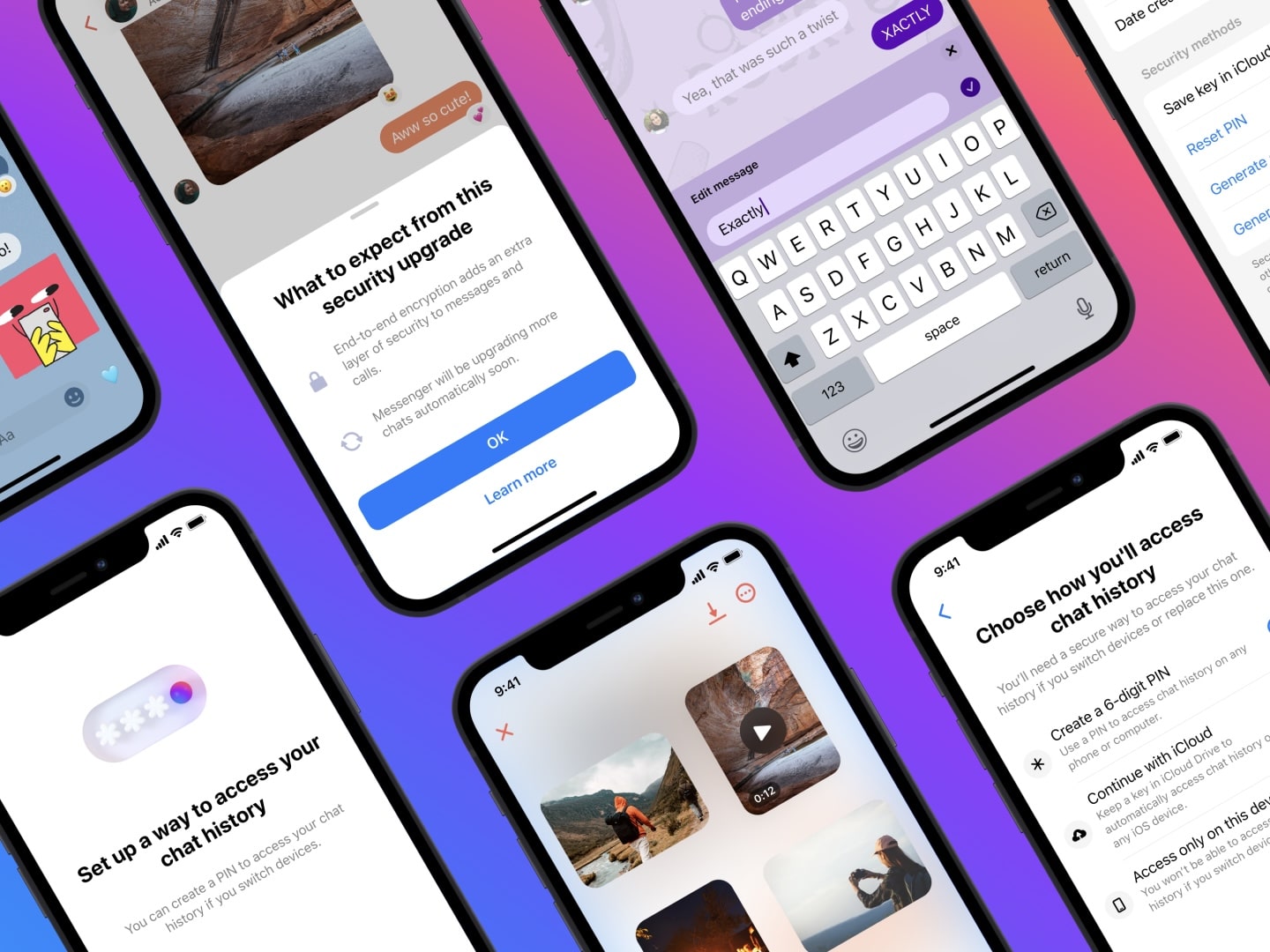
Facebook Messenger gets default end-to-end encryption
The latest update to Facebook Messenger (aka Messenger), announced by Loredana Crisan (a Vice President at Meta), is quite monumental from a digital privacy perspective. You see, Meta has shifted to default end-to-end encryption for all personal chats and calls on Messenger, ensuring that communications are secure from sender to receiver, with no possibility of interception, even by Meta itself.
This enhancement goes beyond just encryption. Users can now edit messages up to 15 minutes after sending, offering flexibility in conversations. The update also introduces an improved disappearing messages feature, now lasting 24 hours, with a clearer interface to indicate when it is active.

Meta is expanding WhatsApp-style end-to-end encryption to Messenger
Security is vital for digital communication, and that's why the likes of Telegram and WhatsApp's end-to-end encryption (E2EE) is so important and popular. Meta has long been keen to expand this security feature to its various other messaging platforms, and now the Facebook-owner has announced that it is implementing E2EE for all Messenger users.
The company points out that this is currently a test phase, so while more and more people will see immediate security enhancements, the rollout will not be complete until the end of the year.
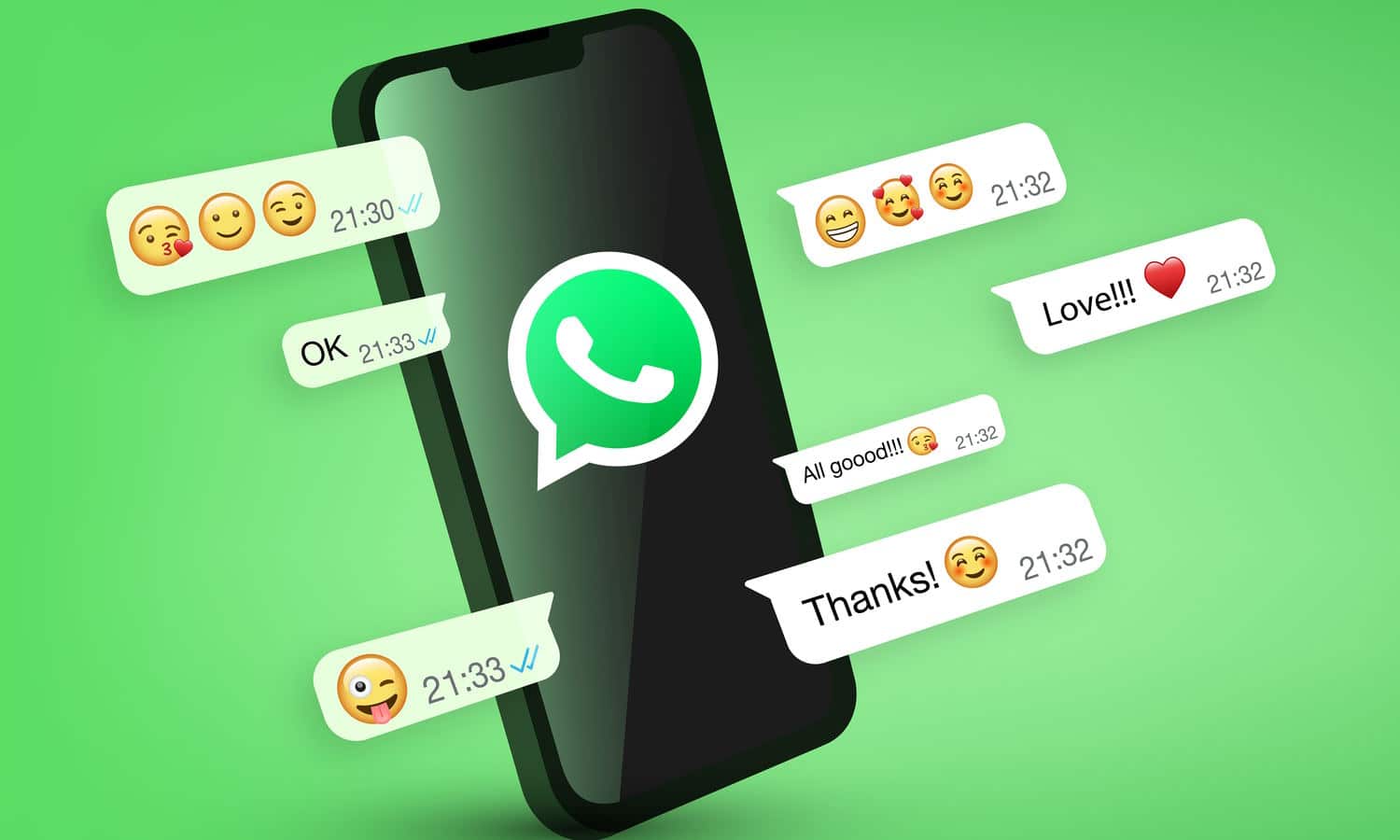
Introducing WhatsApp's latest superpower: edit your sent messages!
Hey there, WhatsApp enthusiasts! Brace yourselves because the messaging world is about to get a whole lot more forgiving. That's right, WhatsApp has bestowed upon us a brand-new superpower—the ability to edit our sent messages. Cue the applause!
We've all been there. That moment when you hit the "send" button and immediately realize you've made a monumental typo or said something that sounded way better in your head. Well, fret no more, my dear WhatsAppers! With this marvelous new feature, you can now fix those blunders and regain control over your chats.
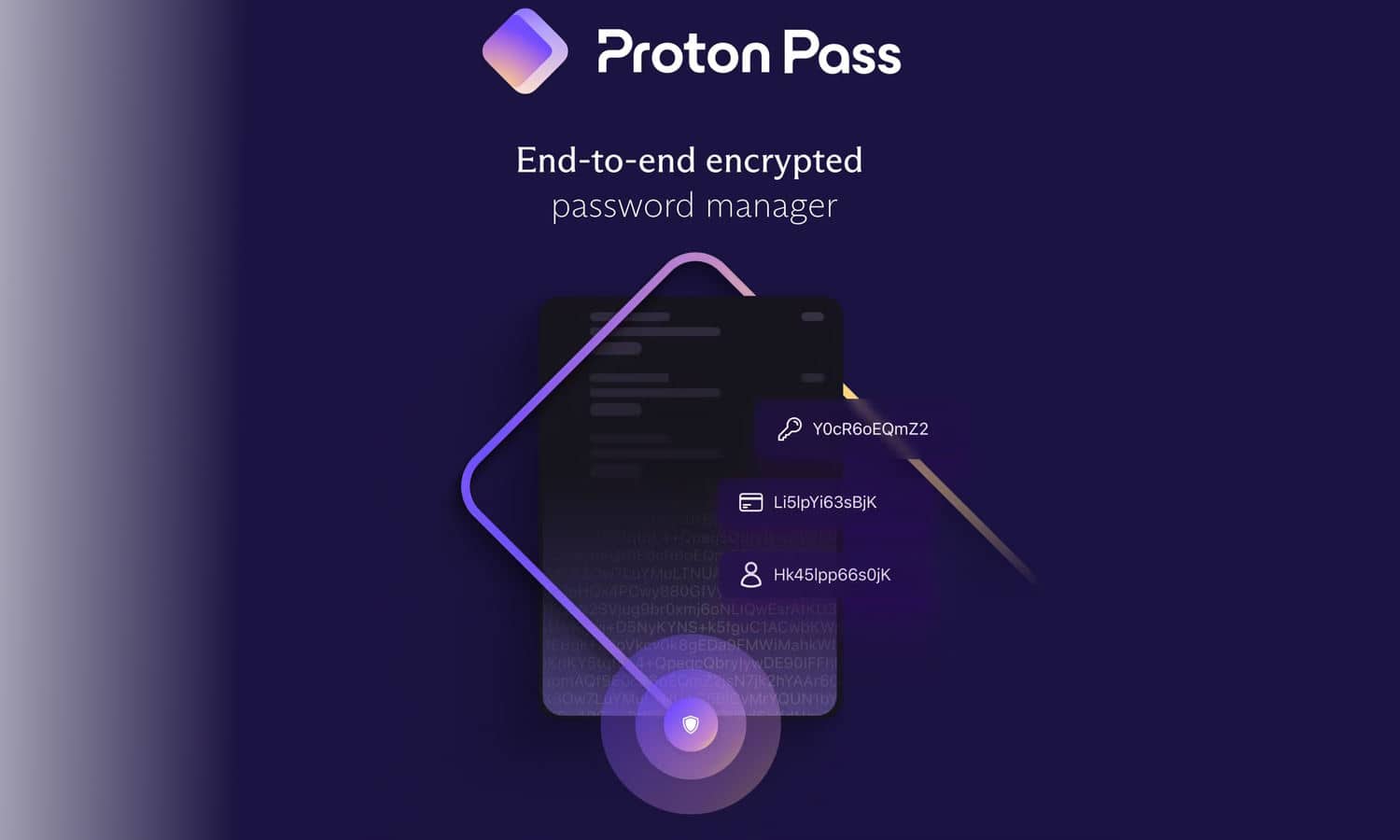
Proton Pass is a new password manager from encryption specialists Proton
Proton, the company behind the security- and privacy-focused Proton Mail and Proton VPN, has launched a beta version of its new password manager.
Going under the unsurprising moniker of Proton Pass, the software is described as "perhaps the first one built by a dedicated encryption and privacy company". What this means in practice is that security is greater than in other password managers, with end-to-end encryption on all fields of forms.
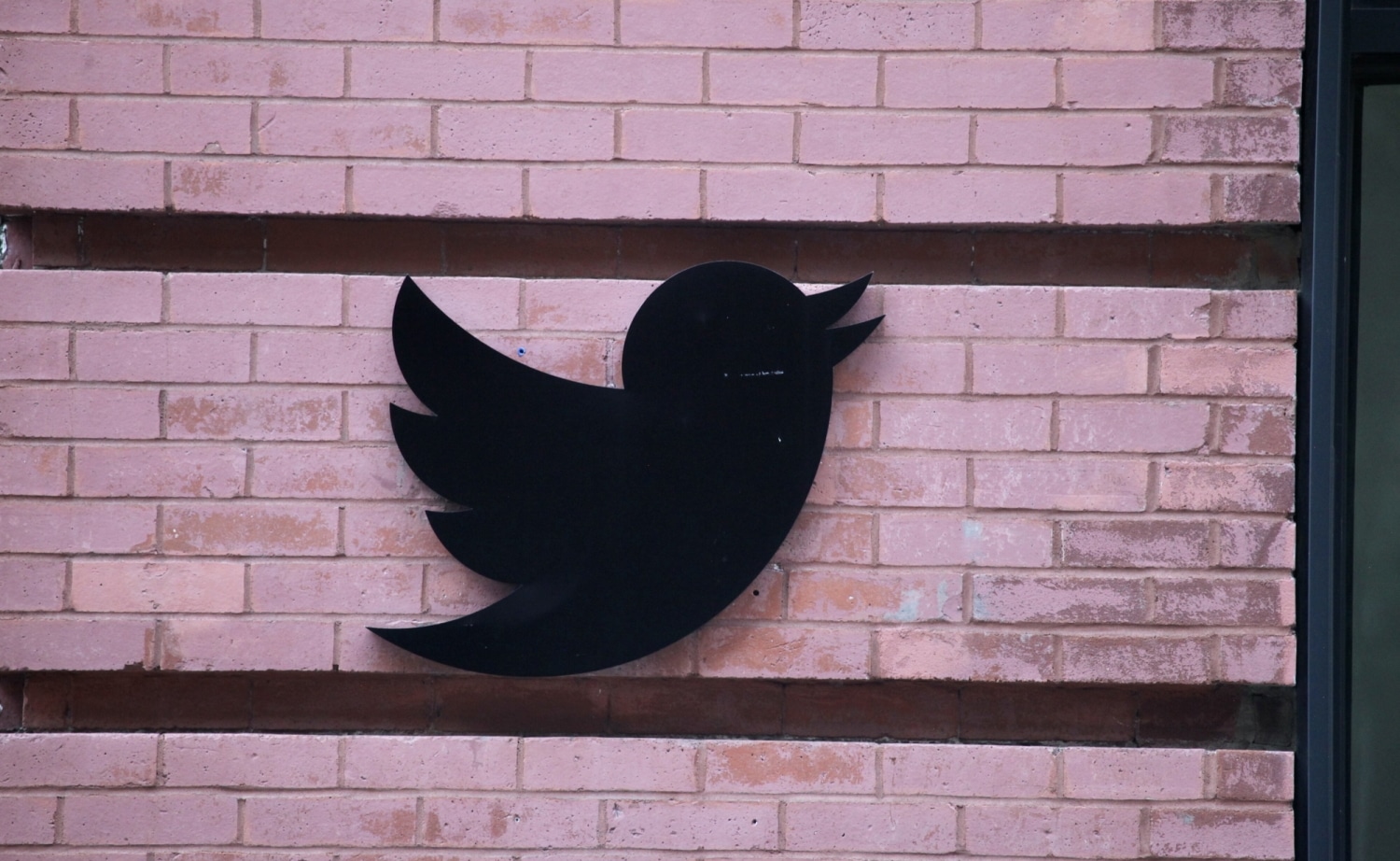
Twitter to roll out direct message updates including encryption and 'any emoji reactions'
Things have been undeniably chaotic at Twitter since the arrival of Elon Musk, but the social network is still rolling out new features. Next in line for an update are direct messages.
DMs are due to receive a batch of new features and functionality, not least of which is a much-requested security feature -- encryption. But there is much more to look forward to. And if all goes according to plan, the new features will roll out later this month.
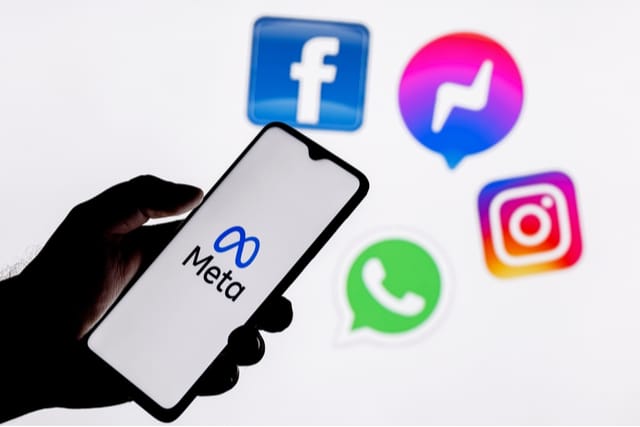
Meta will warn you if someone screengrabs your encrypted Messenger chats
Meta is adding a new warning to encrypted chats in Messenger so that users will know if another participant has taken a screenshot of the conversation.
The company formerly known as Facebook has already implemented this same feature into messages sent when the app's Vanish Mode is activated. While Messenger has not been updated to prevent screenshots from being taken in in E2E encrypted chats or Vanish Mode conversations, the appearance of the warning should serve as a deterrent against secret screen grabbing.

Guess which government doesn't want you to use end-to-end encryption
From a privacy point of view, there is much to love about end-to-end encryption, as employed by the likes of WhatsApp. But while users may delight in the knowledge that their communication is free from surveillance, there are some groups that have a different opinion.
Law enforcement agencies have long-complained that E2E encryption stands in the way of investigations, and serves to complicate evidence gathering. Many governments are of the same mind, and it's not just those that are traditionally regarded as totalitarian by other countries. Governments from ostensibly democratic countries are opposed to E2E encryption, and some are using underhand tactics in negative PR campaigns.
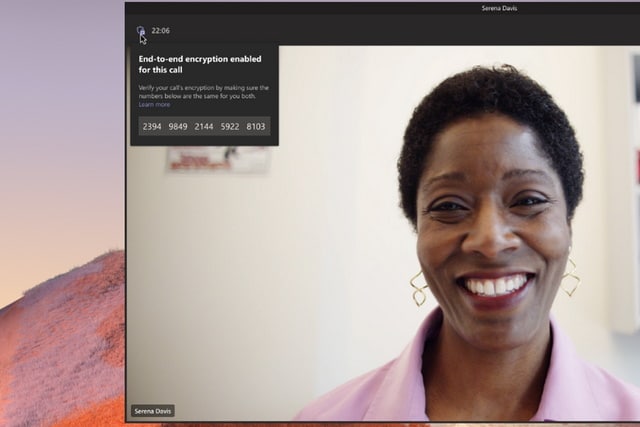
One-to-one Microsoft Teams calls finally have the security of end-to-end encryption
Microsoft is improving the security of one-on-one Teams chats by adding end-to-end encryption. After a couple of months of testing the feature as part of a public preview the company says that the optional security boost is now generally available.
In order for calls to be protected, both parties need to have end-to-end encryption enabled. And if you're wondering why you might want to have E2EE disabled in Microsoft Teams, it's because having the security feature enabled means that some other call features do not work.

Meta explains why it is taking so long to bring end-to-end encryption to Facebook Messenger and Instagram -- and what it is doing in the meantime
Meta recently announced that the protection, privacy and security offered by end-to-end encryption will not be coming to Facebook Messenger or Instagram until some time in 2023. Until then, anyone looking to send secure messages through Meta's platform will have to turn to WhatsApp.
What was not made particularly clear at the time of the announcement, however, is just why there is such a delay. Now Meta has opened up and revealed some of the thinking behind holding back on the roll-out of end-to-end encryption across all of its messaging services.

Meta says there will be no end-to-end encryption for Facebook and Instagram messages until 2023
WhatsApp users may enjoy the benefits of end-to-end encryption, but the same cannot be said of messages sent via Facebook or Instagram. What's more, this is not going to be changing any time soon.
While Meta (or Facebook as it was at the time) previously announced plans to introduce encrypted messaging to the Facebook and Instagram platforms, there was heavy criticism from campaigners and organizations for child safety. Now the company has said end-to-end encryption will not be arriving until 2023.
